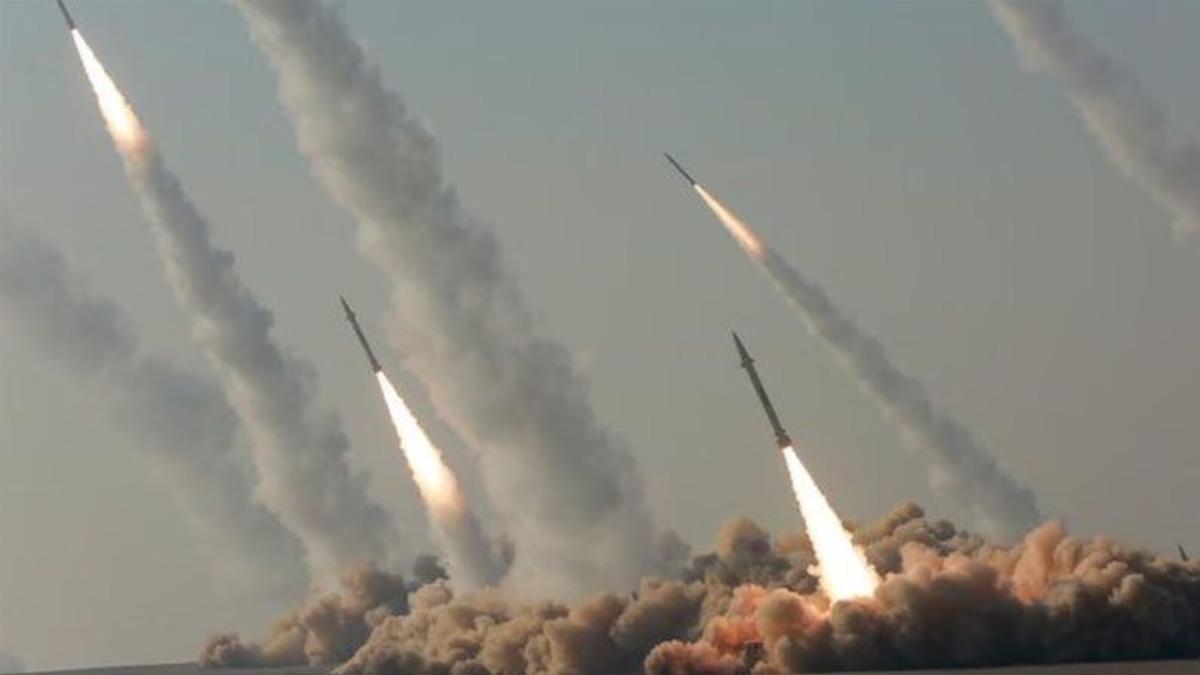In response to heightened tensions between Pakistan and Iran, Pakistan executed targeted military strikes on alleged terrorist hideouts in Iran's Sistan-Baluchistan province.
The operation, code-named "Marg Bar Sarmachar," resulted in the reported deaths of seven individuals. This action followed Iran's missile and drone strikes in Balochistan, prompting Pakistan to recall its ambassador from Tehran and suspend planned high-level visits.
According to Pakistan's Foreign Office, the precision airstrikes aimed to address longstanding concerns about safe havens for Pakistani-origin terrorists operating within Iran.
The statement emphasized that multiple dossiers with concrete evidence were shared with Iran in the past, but the lack of action led to continued attacks on innocent Pakistanis. The military operation was carried out based on credible intelligence indicating impending large-scale terrorist activities by these groups.
Iran, in response, confirmed the missile attack, reporting seven casualties, including three women and four children, in a border village near Saravan city. Pakistan's Foreign Office highlighted its commitment to defending national security and reiterated the professionalism of its Armed Forces in executing the operation.
The operation involved the Pakistan Air Force conducting precision airstrikes within Iranian territory, targeting the Balochistan Liberation Force (BLF), a Balochistan-centric terrorist organization. The strikes, authorized by the Pakistani government, used stand-off extended range munitions and aimed at eliminating high-value terrorist targets over 80 kilometers inside Iranian territory. The government claimed that no Iranian civilians or military personnel were targeted.
Relations between Pakistan and Iran deteriorated further after the Iranian forces' unprecedented attack in Balochistan. Pakistan's Foreign Minister, Jalil Abbas Jilani, expressed deep concern, asserting that the attack breached sovereignty and violated international law. He emphasized the right to respond to this provocative act, underscoring the need for concerted efforts to combat terrorism in the region.
The situation has added complexity to an already volatile region, with ongoing conflicts involving Israel, Hamas, and Yemen's Houthis. The diplomatic fallout between Pakistan and Iran raises concerns about the broader implications for regional peace and stability.
(With Agency Inputs)


















